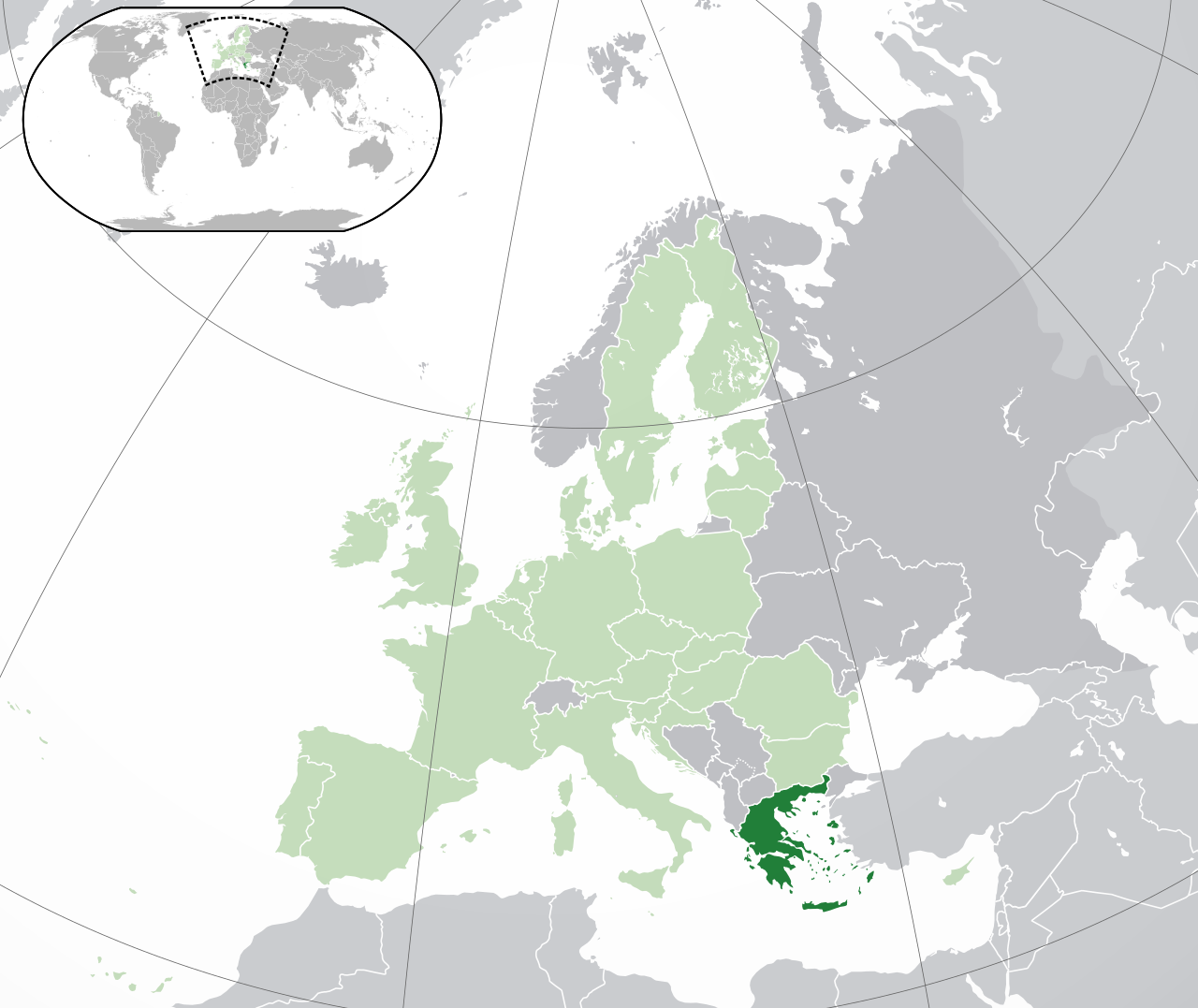
- Population:
- 10,048,000
- Religion:
- Christianity
Greece is the birthplace of Western civilization, known for its ancient city-states, philosophy, and democracy. It was later part of the Roman and Byzantine Empires before falling under Ottoman rule. Greece gained independence in 1830 and has since experienced political and economic challenges, including military dictatorship (1967–1974) and financial crises. Today, it is a key member of the EU and remains a major global tourist destination.
Greece, officially the Hellenic Republic, is a country located in Southeast Europe, situated on the southern tip of the Balkan Peninsula. It shares land borders with Albania to the northwest, North Macedonia and Bulgaria to the north, and Turkey to the northeast. Greece has an extensive coastline along the Aegean, Ionian, and Mediterranean Seas and encompasses approximately 6,000 islands and islets, of which around 227 are inhabited. Covering a total area of about 131,957 square kilometers, Greece has a population of approximately 10.4 million people as of 2023. The capital and largest city is Athens. The official language is Greek. Greece operates as a unitary parliamentary republic. The economy is diverse, with key sectors including tourism, shipping, agriculture, and manufacturing. Greece is renowned for its rich cultural heritage, being the cradle of Western civilization, democracy, philosophy, and the Olympic Games. It is a member of the European Union, the United Nations, NATO, and the Eurozone.






